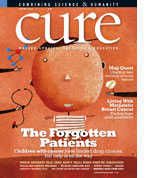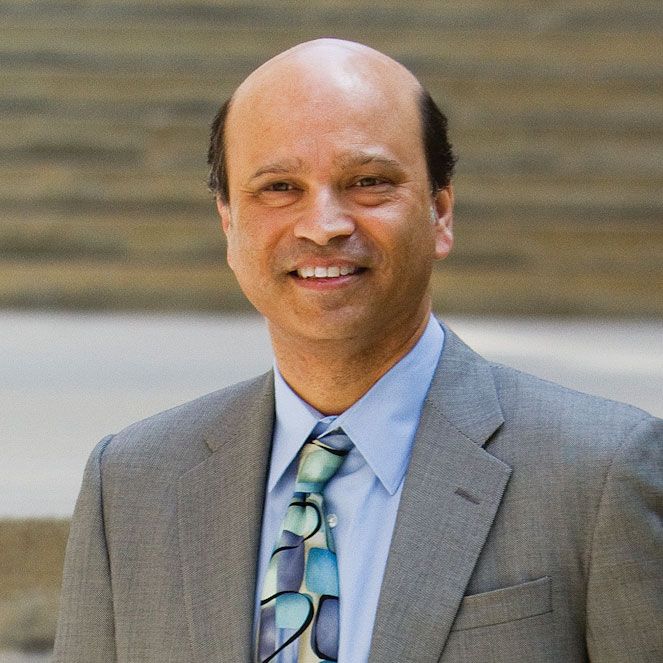Publication
Article
CURE
My Uncle Died of That
Author(s):
A multiple myeloma survivor talks about how friends reacted to her diagnosis.
My good friend Kay, the most empathetic person I know, wrinkled her face with sympathy when I told her I had cancer. “Multiple myeloma?” she asked. “Isn’t that the one with black skin moles?”
“No,” I said. “Myeloma affects bone marrow.”
“Kay,” her husband said softly, “didn’t your uncle have multiple myeloma?”
Kay turned back to me, her face again a mask of pity. “That’s right,” she said. “My uncle died of that. It was terrible.”
Since my diagnosis several years ago, I have been treated to a series of outrageous responses from people hearing the news. For example, my friend Ada expressed concern. “But remember,” she continued brightly, “none of us knows when we’re going to die.”
Finally goaded beyond civility at what seemed an attempt to trivialize my situation, I snapped. “That’s a dumb thing to say,” I said, and then immediately apologized. “Don’t apologize,” Ada said. “You’re not the only one of my friends who’ll get cancer. Calm down and tell me why it was so dumb.”
Well, Ada, everyone dies, of course, but it is losing the illusion of infinite time that is so devastating. My friend was right; no one knows the time of their death, and I have been to the funeral of several acquaintances who were perfectly healthy when I was first diagnosed. However, there is a big difference between knowing the Angel of Death is somewhere out there and seeing him holding the door open with one hand while he cordially motions you through with the other.
Many people, encouraged by the popular press, believe cancer can be cured by will power. When I was in the hospital for a stem cell transplant, my cousin Elinor offered to send me a book. “There are several self-help books for cancer patients,” she said. “Nothing uplifting,” I told her. “For heaven’s sake, nothing inspiring. Just send me a good read.”
So she sent Thomas Harris’s Hannibal, the sequel to Silence of the Lambs. I stayed up all night in my dim hospital room and finished the book. My mind slightly dulled with various medications, I don’t really remember it well, but I remember having a whopping good time.
I also don’t want to hear about the statistics. I know the statistics. Besides, people in general are funny about statistics. I have a friend who refuses to go out on Memorial Day or the Fourth of July until the traffic fatalities predicted for his area have been met. “It’s safe now,” he’ll say.
There have been too many people who made me feel as if I have a neon sign on my forehead. CANCER, it flashes. CANCER, CANCER. Assuming the person who has just come up with a statement of unthinking ineptitude means well, the only good answer I have heard to any of these statements is the one suggested by my daughter: to smile benignly and say, “Thank you so much for sharing.”
Does all of this mean there is nothing that can be said? Of course not. So what could people have said to me that would make me feel their support? The simplest is often the best. I was touched by an acquaintance who hesitated a moment, then said, “I wish you the best.”
But the most heartfelt response I received was from a friend who said succinctly, “That stinks.”






